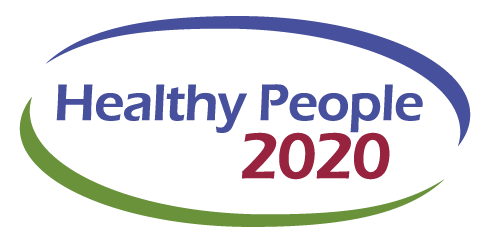Sacramento Public Library and Healthy People: Prioritizing Health Literacy to Meet Community Members’ Needs
Posted on October 26, 2022 by ODPHP


Check out these Healthy People in Action posts to learn how our partners and communities nationwide are working toward Healthy People goals and objectives — and to read about the latest Healthy People 2030 updates. Use these posts to gather ideas for programs and policies in your own work.
Posted on October 26, 2022 by ODPHP

Linking to a non-federal website does not constitute an endorsement by ODPHP or any of its employees of the sponsors or the information and products presented on the website.
You will be subject to the destination website's privacy policy when you follow the link.
HHS is not responsible for Section 508 compliance (accessibility) on other federal or private websites.